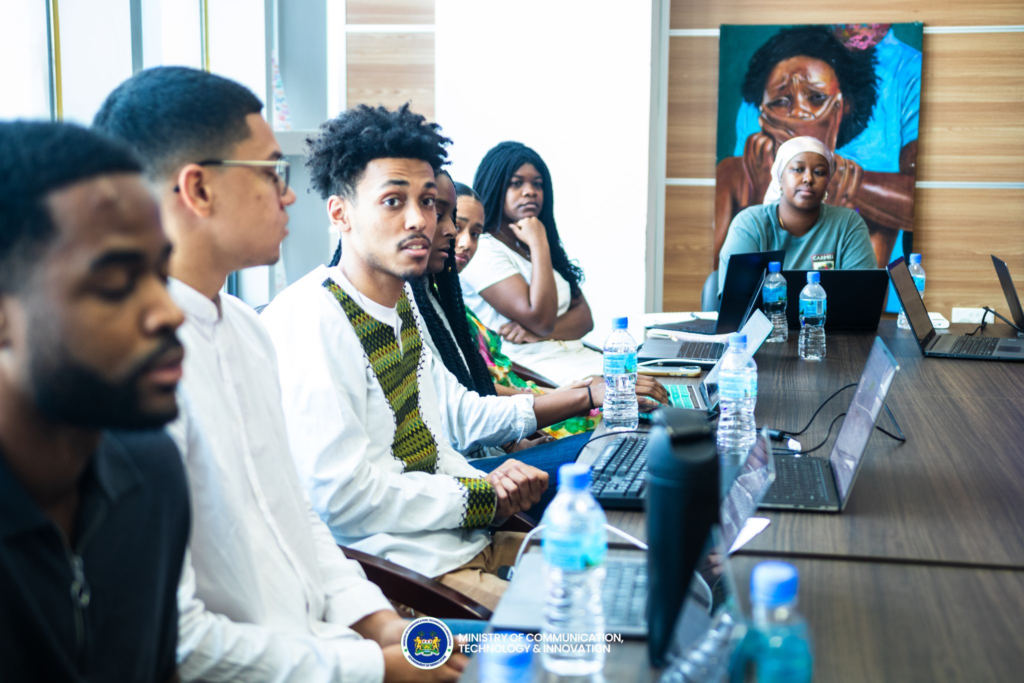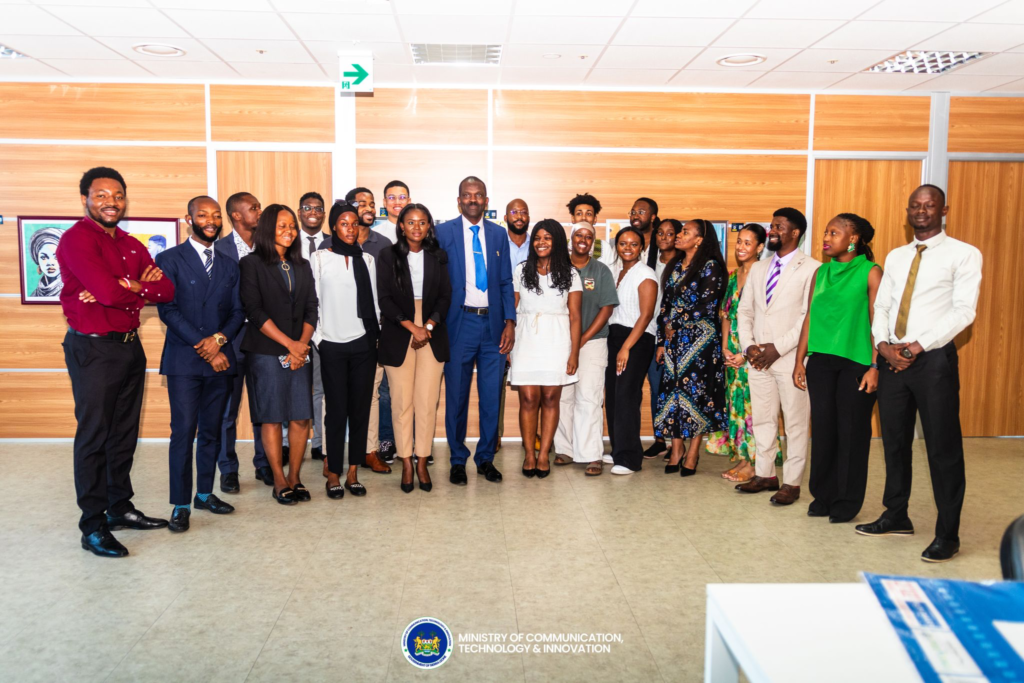Sierra Leone’s Ministry of Communication, Technology, and Innovation recently welcomed Columbia Law School students to collaborate with final law students from Fourah Bay College – University of Sierra Leone. Their joint mission is to develop a recommendation framework for a digital tech startup bill that will be approved by Parliament.
Madam Salima Bah, Minister of Communication, Technology, and Innovation, emphasized the need for tailored legislation to support tech startups, acknowledging that they require different treatment than established businesses. The goal is to develop a legal framework that covers a technology startup’s entire lifecycle, including incorporation, tax laws, duty waivers, and access to critical services like energy and the Internet.
One of the collaboration’s primary objectives is to strengthen Sierra Leone’s digital tech startup ecosystem and attract foreign technology investment. Yadah Williams ESQ, Chairman of Sierra Leone’s Law Reform Commission, discussed the country’s legal history and the Commission’s role in modernizing outdated laws to meet current needs.
To boost student engagement, Kahil Ali, MoCTI’s Grant and Partnership Lead, outlined the week’s high-level goals and activities, which included a thorough review of startup acts. Jesse Kamara, Innovation Lead at MoCTI, led a thorough examination of the pull factors for the three National Innovation and Entrepreneurship Strategy pillars: Attract, Thrive, and Retain. Students were divided into three groups: Attract, Thrive, and Retain, to encourage collaborative work in these three areas of focus.

Students from Columbia Law School and Fourah Bay College will collaborate over four days to develop startup acts to create a legal framework that promotes the growth of tech startups, attracts foreign investment, and positions Sierra Leone as an innovation hub.
Sierra Leone and Columbia Law School’s partnership is a significant step toward creating a supportive environment for the country’s tech startups. The goal is to create legislation that will drive innovation, economic growth, and foreign investment in Sierra Leone’s burgeoning technology sector, leveraging the expertise of both local and international students. This collaboration is a positive step forward in the country’s efforts to modernize its legal framework and foster the growth of its digital economy.
